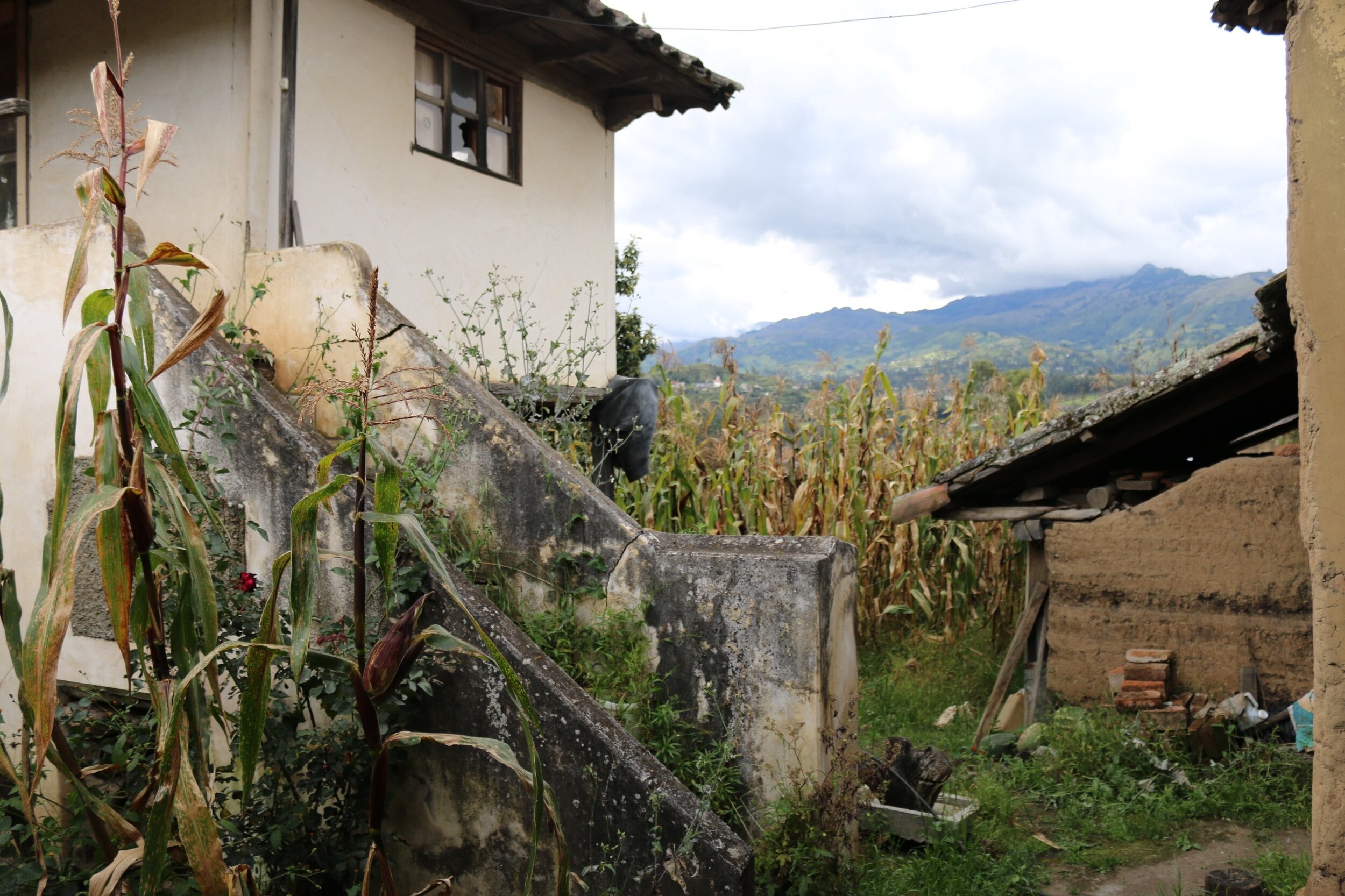With a small group of co-moderators, a cohort of OHMA Students participating in the Workshop course had the opportunity to host a seminar with Dr. Leanne Betasamosake Simpson. For three and a half years I’d been poring over her book As We Have Always Done: Indiginous Freedom Through Radical Resistance, and I was finally meeting her in person—well via Zoom. As a student of economics, I had always wanted to ask about integrating politics of decolonization, radical resistance, and black-feminist politics into disciplines like economics or STEM. The following is a meditation on the wisdom that Dr. Simpson shared in our seminar, and the personal strategies I have been cultivating based on that dialogue.
Read MorePreservation as Violence: The problem facing museum collections
Leanne Betasamosake Simpson presents an ethical framework around consent that challenges the way museums currently handle material culture. Oral history presents one way to navigate these challenges and to preserve the relationship between object and community.
Read MoreDecolonizing to Re-indigenize
Photo credit: Anahí Naranjo
An old home in a maize plantation outside of Guaranda, Ecuador. This is the home my mother grew up in.
Intro: Dr. Nēpia Mahuika’s September 26th workshop titled “Oral History and Indigenous Peoples: Rethinking Oral History, Methods, Politics and Theories” highlighted the intricate histories and traditions of indigenous communities that the academic field of oral history has begun to recognize. Dr., Mahuika is the author of soon to be published book Rethinking Oral History and Tradition from the Oxford University Press.
Read MoreImpediments
Samantha Greenspan discusses the power of words, the value of listening, and issues of legibility and marginalized languages. This blog post was inspired by Dr. Nēpia Mahuika’s workshop “Oral History and Indigenous Peoples: Rethinking Oral History, Methods, Politics and Theories.”
Read More“Keeping Oral History Alive” —— Diversity in the Application of Oral History
In this post, based on Lorina Barker’s presentation, current Oral History MA student Lizzie Li discusses the diversity of oral history in real practice.
Read MoreIndigenous scholar’s work informs new Columbia University + Wikipedia Initiatives
In this reflection on Dr. Lorina Barker’s recent lecture at OHMA, Wikipedia Fellow and Wikimedian-In-Residence Darold Cuba explores how scholars and academics can decolonize and indigenize public spaces through scholarship, exemplified by new wiki initiatives incubated at the Columbia University Libraries, WikiHMCi & WikiHBCU/DIO.
Read MoreEmbodied Storytelling is Not New
For thousands of years Indigenous Pacific cultures have integrated oral traditions and dance. Kim-Hee Wong shares her experiences of practicing hula, Hawaiian dance, in response to a presentation by Sean Dorsey in the 2018-2019 OHMA workshop series, Oral History and the Future: Archives and Embodied Memory.
Read More[Workshop reflection] From Storytelling to Storyweaving: Muriel Miguel, A Retrospective
On October 24, 2013, Muriel Miguel presented a talk with a slide/video accompaniment on her life work. I felt quite honored to meet, sit and listen to Muriel speak.
Muriel Miguel has spent her life working in the performance arts. She is an actress, dancer, choreographer, educator, playwright and director.
Read More




